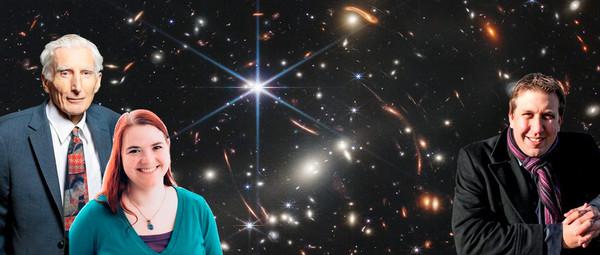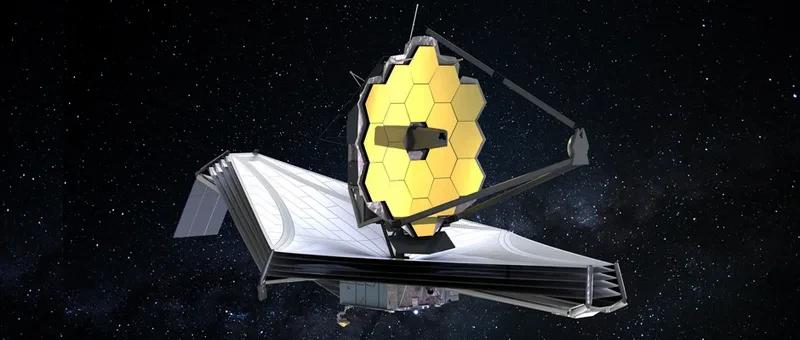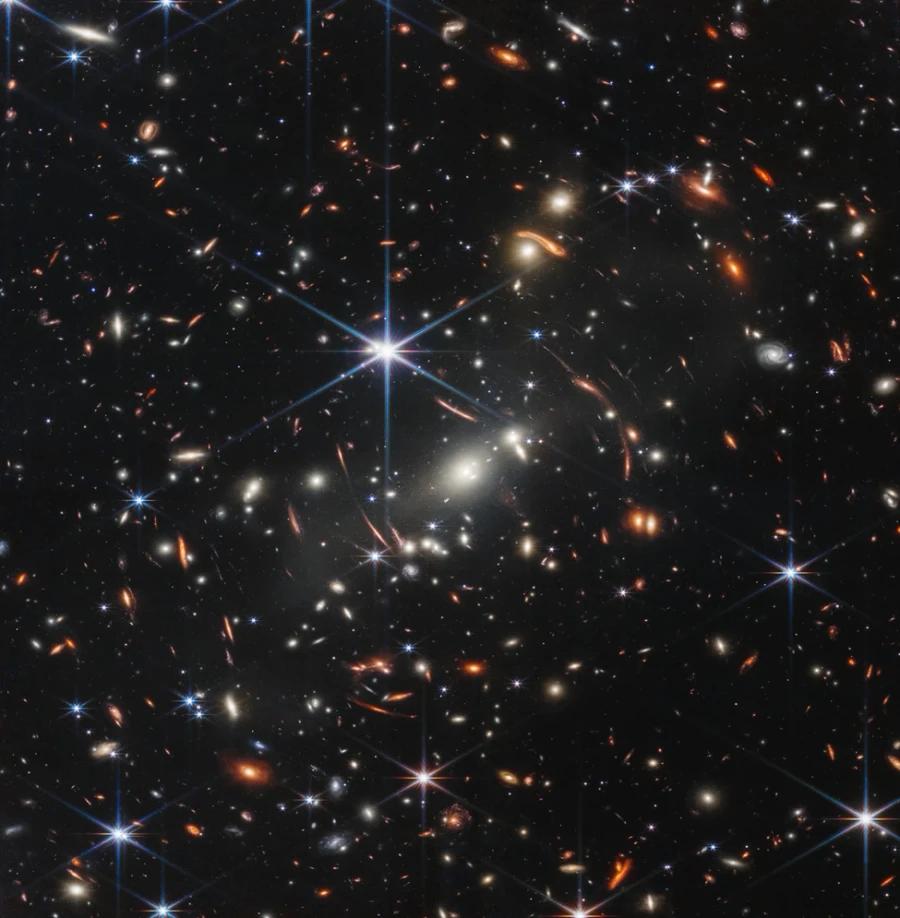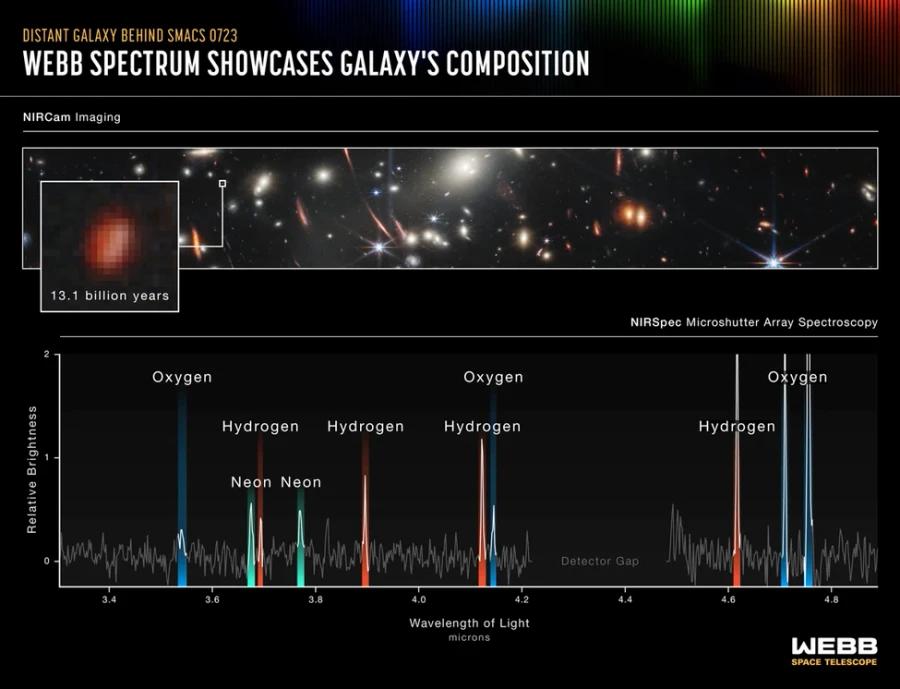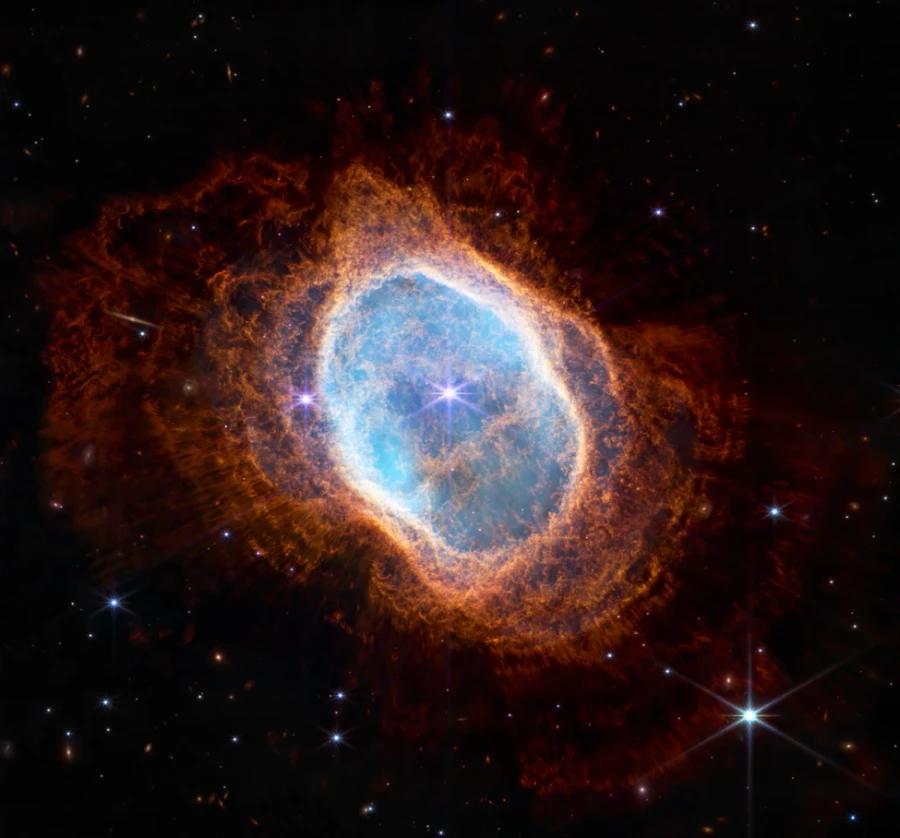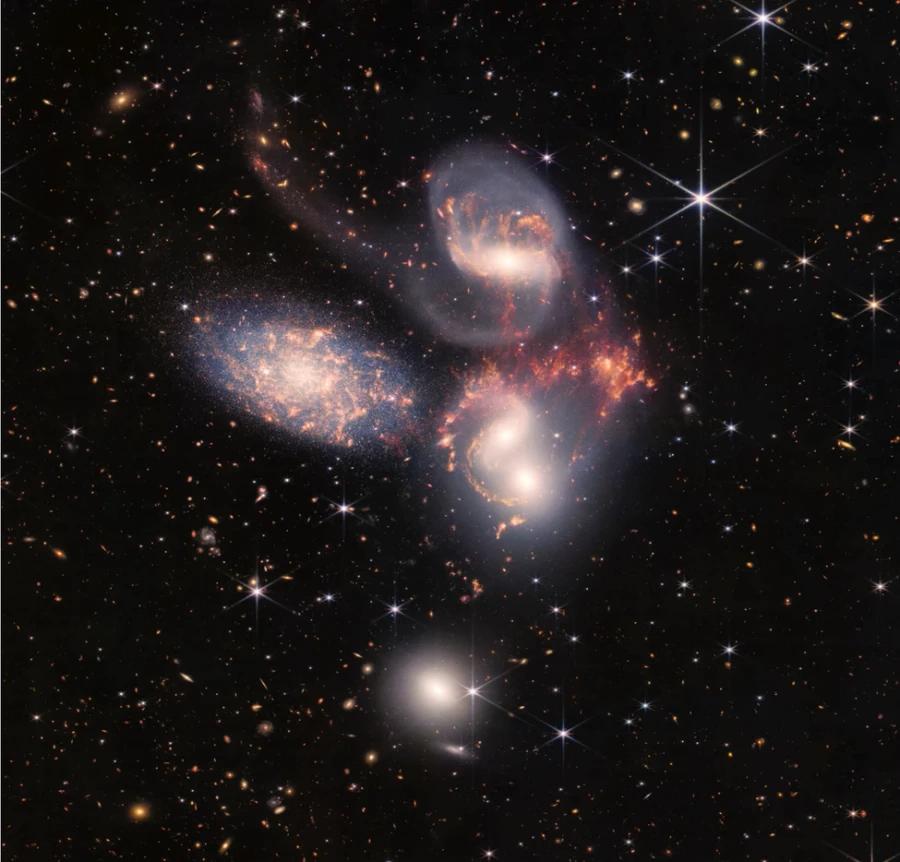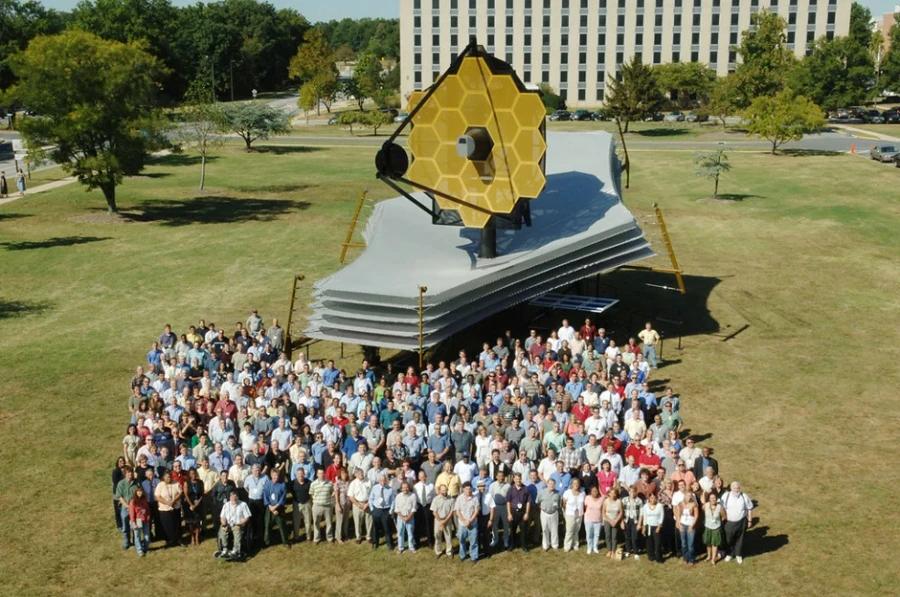What's so special about the James Webb Space Telescope's new images? We asked the experts
Curated from: sciencefocus.com
Ideas, facts & insights covering these topics:
6 ideas
·661 reads
5
Explore the World's Best Ideas
Join today and uncover 100+ curated journeys from 50+ topics. Unlock access to our mobile app with extensive features.
The James Webb Space Telescope
The James Webb Space Telescope (JWST) can see deeper into the Universe than its predecessor, the Hubble.
Tuesday, 12 July 2022, will be remembered by many as the date when NASA's JWST released its first full-colour images and spectroscopic data. The images and data from JWST show distant galaxies, the death of stars, and insights into how our Universe began.
12
148 reads
JWST can peer back in time
The first image shared, called Webb's First Deep Field, shows the SMACS 0723 galaxy cluster. The cluster in the image is as it was 4.6 billion years ago.
Astronomer Matt Bothwell excitedly states that "the telescope is quite literally a massive step forward in a quest, thousands of years old, to understand our place in the Universe. A step forward this big only happens a few times per century,
12
124 reads
Galaxy cluster image revealed key ingredients for life
Pointed towards the galaxy cluster SMACS 0723, the telescope's spectrograph revealed the chemical composition of a galaxy located 13.1 billion light-years away.
Scientists found oxygen, hydrogen, and neon in this distant galaxy. According to astronomy author Colin Stuart, the spectra show that hydrogen and oxygen, the key ingredients for life, were already around 700 million years after the Big Bang.
12
117 reads
Southern Ring Nebula demonstrates the stunning beauty of the Universe
The JWST images show how spectacular the telescope is.
The NGC 3132, the Southern Ring, shows a level of detail and finesse that is astonishing, especially when compared with what came before. The visual beauty of this image shows the Southern Ring Nebula, where gas and dust are expelled by a dying star.
11
103 reads
Stephan's Quintet has let us watch faraway galaxies interact
The image of five galaxies, called Stephan's Quintet, is the largest of JWST's subjects to date, covering about a fifth of our Moon's diameter.
There is much going on in this cluster of colliding galaxies, from individual bright young stars, the blazing light emitted by hydrogen falling onto a black hole in one galaxy to the faint glow of dust between the interacting systems. In the corners of the image are countless other smaller and more distant galaxies.
11
86 reads
Bringing people along on the journey
The telescope is expected to run for the next 20 years. So young astronomers, students and children watching these images will work on JWST data in the future.
Future astronomers will need to know a lot about physics and chemistry and become experts in computer simulations.
"Back in the 1990s, the glorious images from Hubble captivated the world, and the JWST's images will be higher resolution, look deeper, and will look into regions that Hubble could never see", said Ezzy Pearson, astrophysicist and author.
11
83 reads
IDEAS CURATED BY
Gina Green's ideas are part of this journey:
Learn more about sciencefiction with this collection
How to make sustainable choices in everyday life
Identifying ways to reduce waste and conserve resources
Understanding the impact of human actions on the environment
Related collections
Similar ideas
4 ideas
4 ideas
How Do Telescopes Work? | NASA Space Place – NASA Science for Kids
spaceplace.nasa.gov
7 ideas
What Is Parallax?
space.com
Read & Learn
20x Faster
without
deepstash
with
deepstash
with
deepstash
Personalized microlearning
—
100+ Learning Journeys
—
Access to 200,000+ ideas
—
Access to the mobile app
—
Unlimited idea saving
—
—
Unlimited history
—
—
Unlimited listening to ideas
—
—
Downloading & offline access
—
—
Supercharge your mind with one idea per day
Enter your email and spend 1 minute every day to learn something new.
I agree to receive email updates
